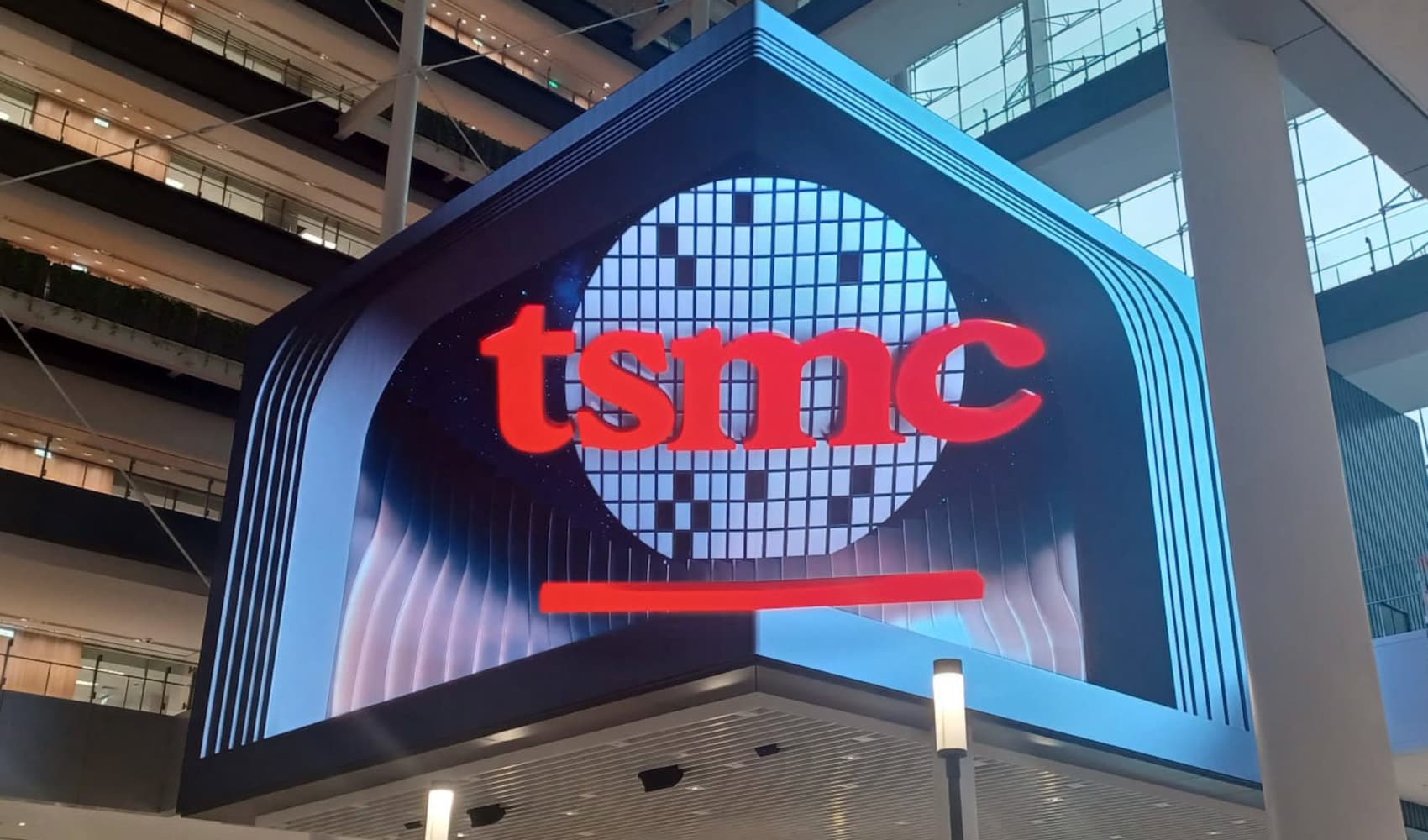
- About 7% of Medicare's 63.3 million beneficiaries end up paying extra for premiums because their income is high enough for "income-related monthly adjustment amounts," or IRMAAs, to kick in.
- You can appeal those surcharges, although you generally have to wait until you receive a determination from the Social Security Administration.
- If the agency approves, any IRMAAs you paid would be credited to your bill.
If you're retiring and signing up for Medicare, there's a chance you'll be assessed extra monthly charges — at least at first.
While most enrollees pay the standard premium amounts for Part B (outpatient care) and Part D (prescription drugs), about 7% of Medicare's 63.3 million beneficiaries end up paying extra because their income is high enough for "income-related monthly adjustment amounts," or IRMAAs, to kick in.
However, that surcharge is based on your most recent tax return available (typically from two years earlier) — which may not accurately reflect a reduction in income when you retire. And although you can appeal IRMAAs, it's generally not something you can do ahead of your Medicare coverage kicking in or before the Social Security Administration sends you a "benefit determination letter."
Get New England news, weather forecasts and entertainment stories to your inbox. Sign up for NECN newsletters.
More from Personal Finance:
How to rethink your budget amid inflation
Here are 4 ways to slash your grocery bill
Here’s who can file taxes to the IRS for free
"Often we see beneficiaries get a bill for the standard premium just after the Part B enrollment, and then they get a second bill weeks later with the addition of the IRMAA," said Danielle Roberts, co-founder of insurance firm Boomer Benefits.
"Since the Social Security Administration is not making that initial determination in time for the IRMAA to even make its way on the first premium bill, you don't want to be trying to ask for reconsideration of a decision that has yet to be made," Roberts said.
For 2022, IRMAAs kick in for individuals with modified adjusted gross income of more than $91,000. For married couples filing joint tax returns, the surcharges start above $182,000. The extra charges increase at higher income thresholds.

The standard monthly premium for Part B this year is $170.10, which is what most Medicare beneficiaries pay. (Part A, which provides hospital coverage, typically comes with no premium.)
Money Report
The surcharge for higher earners ranges from $68 to $408.20, depending on income. That results in monthly premiums ranging from $238.10 to $578.30.
For Part D, the surcharges for 2022 range from $12.40 to $77.90. That's in addition to any premium you pay, whether through a standalone prescription drug plan or through a Medicare Advantage Plan, which typically includes Part D coverage. While the premiums vary for prescription coverage, the average for 2022 is about $33.

The process to prove that your current income is lower involves asking the Social Security Administration to reconsider their assessment. You have to fill out a form and provide supporting documents.
Suitable proof may include a more recent tax return (if one is available), a letter from your former employer stating that you retired, more recent pay stubs or something similar showing evidence that your income has dropped.
The required form has a list of "life-changing" events that qualify as reasons for reducing or eliminating the IRMAAs, including marriage, death of a spouse, divorce, loss of pension or the fact that you stopped working or reduced your hours.
Assuming your request for reconsideration works, any IRMAAs you paid will be credited to you.
"Fortunately they will make it retroactive and it will be applied as a credit to their bill," Roberts said.
If your efforts don't work, you can appeal the decision to an administrative law judge, although the process could take time and you'd continue paying those surcharges in the meantime.
Additionally, your situation is reevaluated every year, which means the IRMAAs (or whether you pay them) could change annually, depending on how volatile your income is.






